CARB releases results of multi-year E15 study; multiple air quality benefits with slight reduction in fuel economy
Green Car Congress
JULY 18, 2022
The California Air Resources Board (CARB) has released the results of a multiyear study evaluating exhaust emissions from the use of California Reformulated Gasoline (CaRFG) that contains 15 volume percent ethanol (E15). The study used two fuels—an E10 and E15.








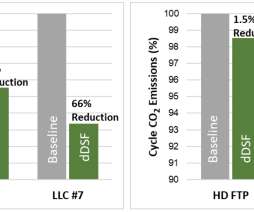



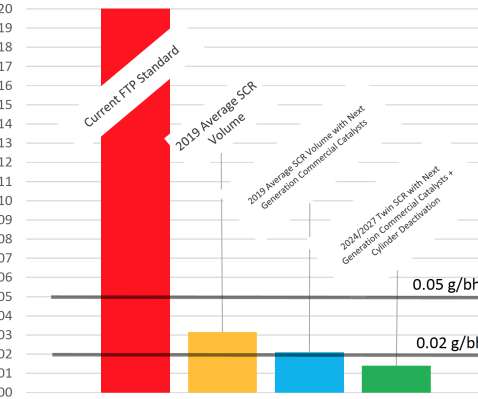











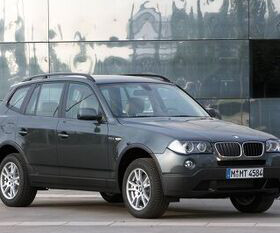
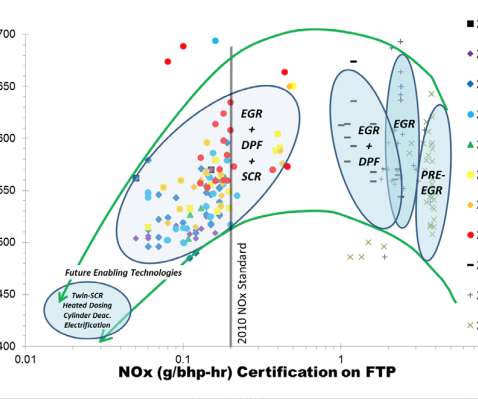
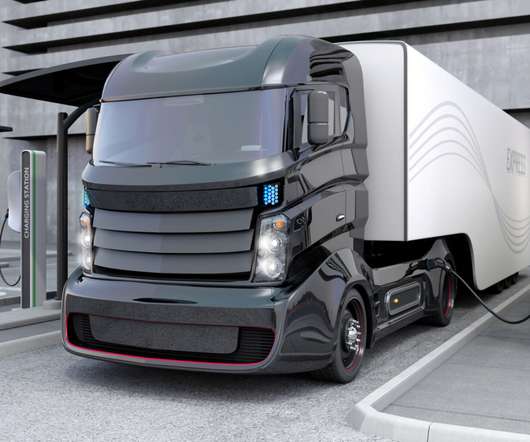















Let's personalize your content